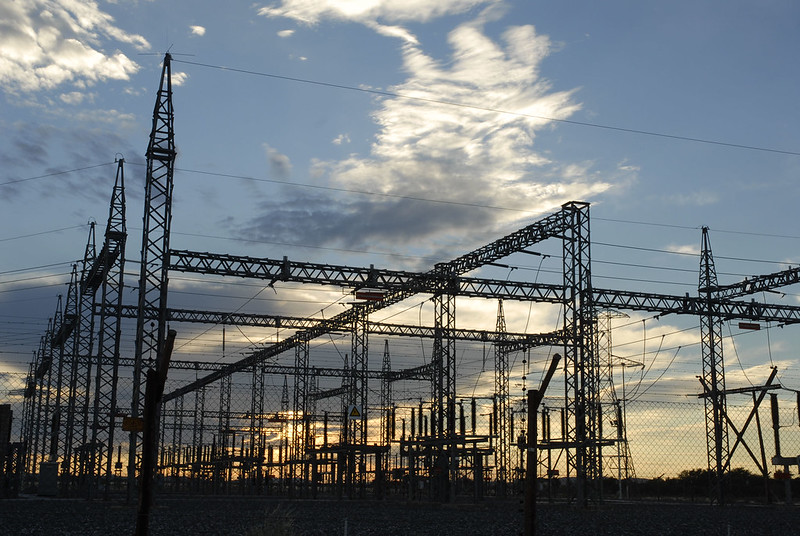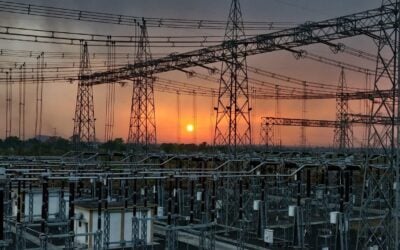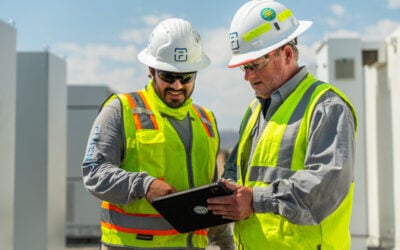
The 513MW battery storage tender in South Africa has challenging domestic content and location requirements while flow battery projects will not meet the RTE requirement, consultants told Energy-Storage.news.
The tender from the Department of Mineral Resources and Energy, which was issued last month with bids due before 5 July, is procuring the four-hour systems for a targeted commercial operation date (COD) of March 2026.
Enjoy 12 months of exclusive analysis
- Regular insight and analysis of the industry’s biggest developments
- In-depth interviews with the industry’s leading figures
- Annual digital subscription to the PV Tech Power journal
- Discounts on Solar Media’s portfolio of events, in-person and virtual
In a note on the technical requirements of the tender provided to Energy-Storage.news, consultancies Clean Horizon and Harmattan Renewables said the tenders have challenging requirements around local economic development and locating the sites. The note was authored by Beatriz Barros and Corentin Baschet of Clean Horizon and Adam Terry of Harmattan Renewables.
“Ten points of the auction are geared towards economic development in the domestic market (job creation, local content, ownership) which will be a challenging component acknowledging there is no manufacturing capability in South Africa,” they said.
The other 90 points of the tender will consider the projects’ rapid voltage change factor, round trip efficiency (RTE) of at least 70% measured at grid connection, the number of cycles and net present value of the nominal payments.
The tender is technology-agnostic but the RTE requirements prevent flow batteries from participating, they added, with lithium-ion battery energy storage set to win out.
The requirement to have the sites in close proximity to the five substations run by grid operator Eskom – Aggeneis, Ferrum, Garona, Mookodi and Nieuwehoop – will also be challenging. Eskom will not be providing any land for the projects.
The projects are primarily aimed at supporting congestions to evacuate additional generation in the Northern Cape province, they said, pointing out that 9GW of capacity has been procured under recent renewable tenders and the capacity of the supply areas is limited to 10GW. Energy-Storage.news’ sister site PV Tech recently covered these renewable procurements in more detail (paywall).
An independent Engineer Agreement needs to be performed within the bid submission timeline, which Clean Horizon and Harmattan said they can provide along with cost optimisation for the projects once launched.
See all previous Energy-Storage.news coverage of the energy storage market in South Africa here.






